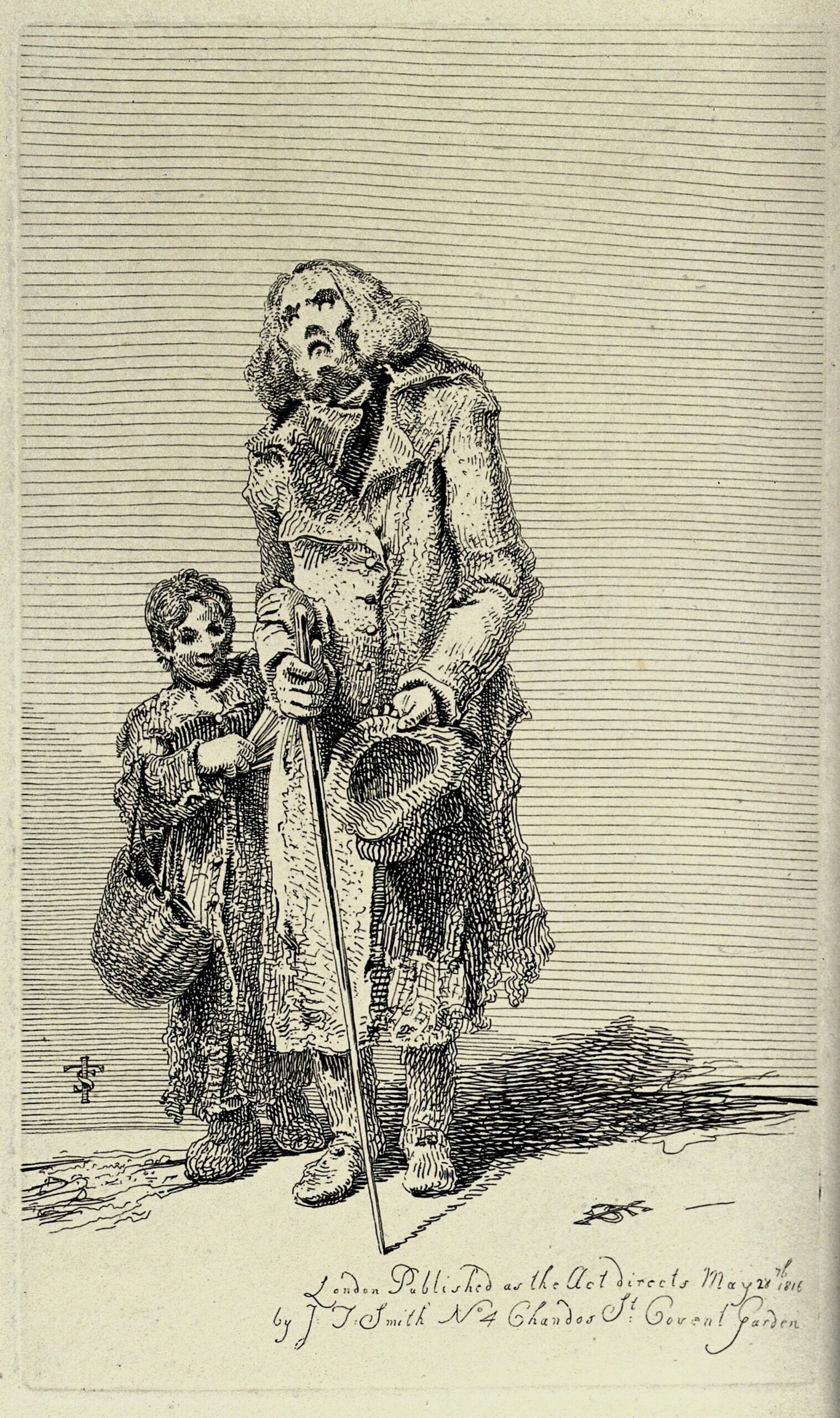None So Blind

I would imagine that anyone reading this has already heard of the passing of Sir Terry Pratchett earlier this week, and I think he would have appreciated it if I took a few moments to spread awareness of the disease that killed him: posterior cortical atrophy.
I would imagine that it's a safe bet that anyone reading this has already heard of the tragic passing of Sir Terry Pratchett earlier this week [March 12, 2015]. This has been a big deal for me, as Pratchett was unquestionably my favourite living writer and over the course of my short and ridiculous life his books have shaped, not merely me writing (much of my published fiction, to say nothing of the unpublished, has a touch of his voice to it), but also my speech patterns and a good deal of my personal philosophy. He may not have written my all-time favourite book (William Goldman's The Princess Bride) nor the book which most influenced the course of my life (probably The Hitchhiker's Guide to the Galaxy), but no other author has produced such a volume of stories which have so consistently brought joy to my life. Sadly, I'm in no position to honour him through my writing, but I think he would have appreciated it if I took a few moments to spread awareness of the disease that killed him: posterior cortical atrophy.
PCA is a rare variant of Alzheimer disease, meaning that it's a disease of degeneration of the brain. We don't know precisely what causes Alzheimer disease, just as we don't have a perfect understanding of most forms of dementia (of which there are many other than AD), but dementias of the Alzheimer type seem to be associated with a buildup of abnormal proteins in the brain, and variants of the genes that can code for these proteins can increase a person's risk of developing dementia. In the vast majority of people who AD, it's characterized first and foremost by a slow and progressive loss of memory and other cognitive functions (planning, skills, behavioural inhibition, emotional regulation, etc.). PCA is unusual in that the sufferer's memory, critical thinking skills, and personality are all mostly spared, as seems to have been the case for Pratchett. Regular ("amnestic") AD results when neurodegeneration happens all over the brain more or less at once, but in PCA, the degeneration starts off restricted to the back of the brain. The back of the brain contains a number of specialized areas but, more than anything else, contains the circuitry that allows us to make sense of visual data from the eyes, so unsurprisingly, the first manifestation of PCA tends to be progressive visual impairment. Vision becomes blurry as sufferers begin to have difficulty making sense of what they see, leading to difficulties with reading, writing, driving and if applicable, shooting an arrow or swinging a sword. Mood, which is modulated by widespread networks throughout the brain can be affected early or late, leading to depression or anxiety, as well as psychotic symptoms. As the degeneration spreads forwards, other neural circuits are affected, leading to increasing problems with smooth movement and the ability to navigate in three-dimensional space. Memory impairment does eventually develop, but typically much later in the illness. Unfortunately, we currently have no meaningful treatment for PCA. Some patients may have their disease slowed by drugs used to treat other forms of Alzheimer dementia, and drugs can be used to treat individual symptoms, such as depression, but we have no way to reverse or stop the degeneration. In Pratchett's case, he overcame one major hurdle of the illness by changing his lifestyle; when he could no longer write, he dictated his last few books.
PCA is a disease which usually lasts for several years and is invariably lethal unless, as is quite likely, another illness kills the sufferer first. If one really wanted to split hairs, Pratchett wasn't killed by PCA, but rather by pneumonia. Since the pneumonia developed as a result of physical immobility, and immobility was the direct result of the PCA, though, we can get away with blaming the chronic illness.
PCA isn't the sort of illness that's likely to be afflicted on a player character, but it could be an important trait for an NPC. In sillier games, players might realize that something is wrong with their friend the archmage when his fireballs begin routinely hitting the wrong targets. In more serious games, a previously noble king may become more and more paranoid as he has increasing difficulties making sense of what he sees and recognizing the faces of people around him. A villain whose body begins to fail her could be driven to increasingly horrific acts as she hunts for a cure, or for the person she believes is responsible. PCA is also yet another prime example of a disease which might shake the players' beliefs about the utility of their magic, since, as I've suggested previously, a storyteller may deem that cure disease isn't able to repair loss of brain tissue and it may not occur to characters to try other spells. Of course, PCA should be incredibly rare, particularly in any game setting where the average person doesn't live long enough to start showing symptoms of dementia, but then again, most players won't try to figure out whether two blind characters have the same disorder or not.
More than four years ago, Dr. Eris Lis, M.D., began writing a series of brilliant and informative posts on RPGs through the eyes of a medical professional, and this is the one that appeared here on March 14, 2015. Lis is a physician, gamer, and author of the Skirmisher Publishing LLC OGL sourcebook Insults & Injuries, which is also available for the Pathfinder RPG system.






